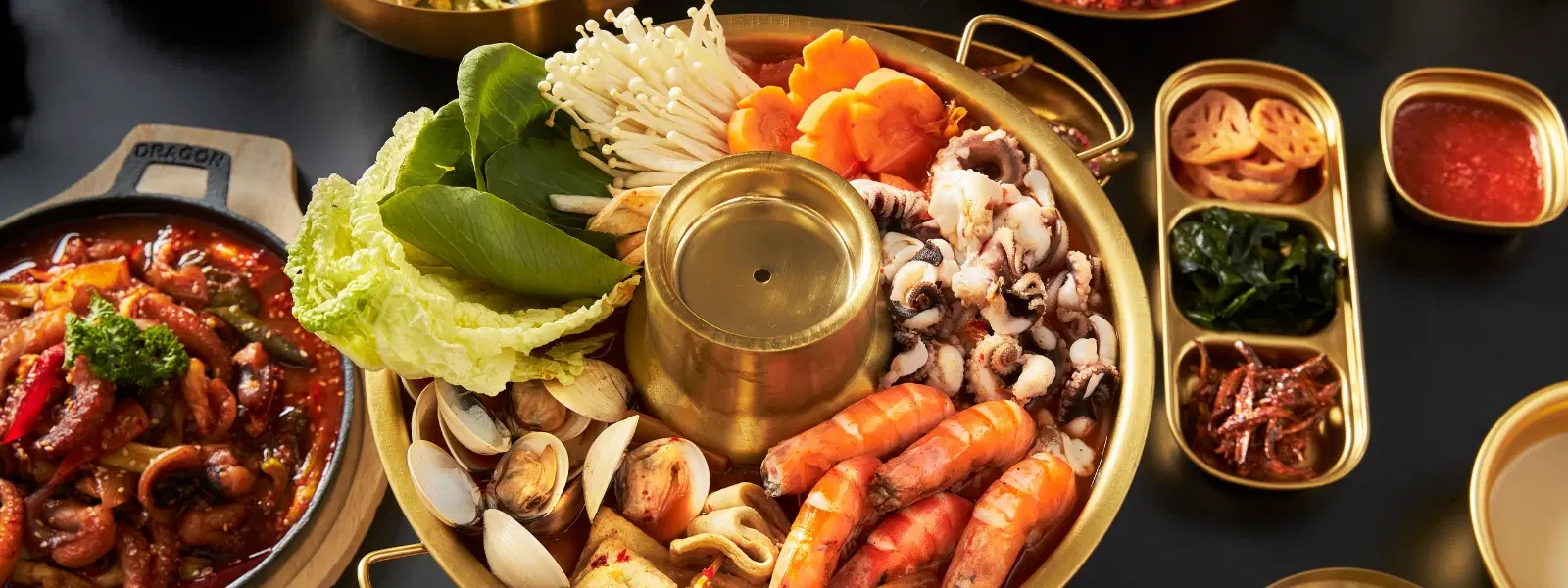
Hotels
•03 min read

Ziro Valley unfolds like a verdant canvas where terraced fields, flowing streams, and the harmonious whispers of tradition converge into an exquisite sensory experience. Amidst this enchanting backdrop, Apatani cuisine emerges as a vibrant expression of cultural heritage and sustainable living, deeply rooted in the organic soils of Arunachal Pradesh. This blog post unravels frequently asked questions about Apatani cuisine, shedding light on its signature dishes, key ingredients, and the indigenous culinary practices that make this food culture truly remarkable.
The origin of Apatani cuisine is intertwined with the sustainable practices of the Apatani tribe. Their centuries-old methods of terraced rice farming and organic cultivation have shaped a culinary tradition that is both environmentally mindful and culturally rich. Every dish tells a story of community, respect for the land, and a commitment to preserving tribal identity through food.
At its heart, Apatani cuisine emphasizes the use of fresh, organic ingredients sourced directly from Ziro Valley. From the crunchy bamboo shoots and nutrient-dense local greens to the traditionally fermented rice, every component plays a key role in creating dishes that are both wholesome and delicious. The culinary approach focuses on minimizing food waste and embracing eco-friendly cooking techniques, making it a model of sustainable food culture.
Did You Know? Apatani cuisine is one of the few culinary traditions in India that relies heavily on fermentation, a process that enhances flavors and preserves food naturally.
When exploring the local dishes of Ziro Valley, one cannot miss the diversity of offerings in Apatani traditional food. The region is celebrated for its hearty Thukpa (noodle soup) and the nourishing Zan (millet porridge), as well as the unique Pika Pila, a fermented bamboo shoot pickle that defines local taste. In addition, dishes such as Bamboo Shoot Fry and Chura Sabzi (a delightful yak cheese curry) cater to both vegetarian enthusiasts and meat lovers, offering a complete glimpse into Apatani ethnic cuisine.

Fermentation is more than a method in Apatani culinary art—it is an innovation that boosts both the nutritional value and flavor profile of the food. Apong, a traditional fermented rice beer, is a testament to this practice. The tangy and robust character of Pika Pila further illustrates how fermentation preserves the essence of the ingredient while elevating its taste, offering a probiotic twist to the local dishes of Ziro Valley.
The heart of Apatani cuisine lies in its locally sourced organic ingredients. Bamboo shoots, local herbs, and indigenous greens from Ziro Valley provide not only distinctive flavors but also a nutritional powerhouse. The region’s commitment to sustainable and organic farming practices ensures that every meal is as fresh as it is flavorful, embracing nature in its purest form.
Apatani cuisine delicately balances earthy, tangy, and umami flavors. Traditional recipes rely on natural ingredients paired with time-honored cooking methods to create dishes that are rich in character. This balance of taste—rooted in both the land and cultural heritage—imparts an unforgettable sensory journey that is uniquely Apatani.
Food in the Apatani tribe is more than sustenance; it is a celebration of life, heritage, and community. Culinary rituals played out during local festivals and everyday meals echo the tribe’s reverence for nature. Each carefully prepared dish is a homage to ancestral practices passed down through generations, reflecting a deep respect for natural cycles and collective wellbeing.

Ziro Valley is increasingly recognized as a destination for culinary tourism. Travelers can indulge in authentic Apatani ethnic cuisine during vibrant cultural events like the Ziro Music Festival, where local dishes are showcased with pride. Visitors are invited to explore the region’s organic culinary treasures and witness firsthand the sustainable practices that have made these tribal recipes famous across India.
Thukpa, Zan, Pika Pila, Bamboo Shoot Fry, and Chura Sabzi are some of the most famous dishes of Ziro Valley.
Pika Pila, a fermented bamboo shoot pickle, is one of the most iconic local dishes of the Apatani tribe.
The Apatani tribe is renowned for their sustainable agricultural practices, unique culinary heritage, and vibrant cultural traditions.
Ziro is known for its terraced rice fields, organic farming, and the distinct flavors of Apatani cuisine, including fermented dishes and bamboo shoot recipes.
Apatani cuisine from Ziro Valley local dishes is a celebration of sustainable living, organic ingredients, and deep-rooted traditions. It weaves together the soulful practices of the Apatani tribe with the unique flavors of the region, creating a culinary symphony that is both nourishing and inspiring. By exploring this heritage, readers can appreciate how tribal food of Arunachal Pradesh represents a harmonious blend of tradition, ecology, and exquisite taste.